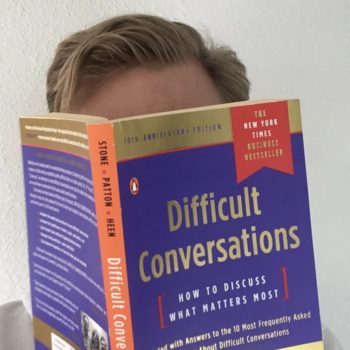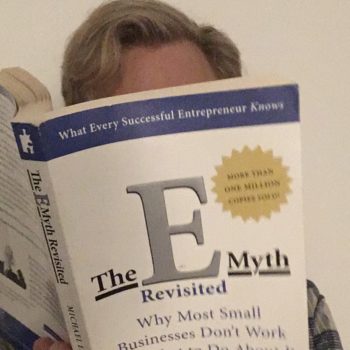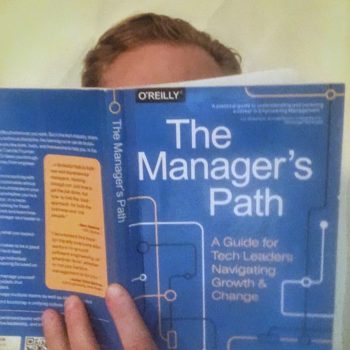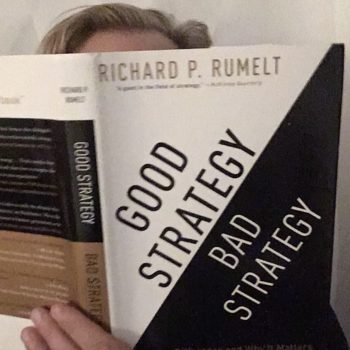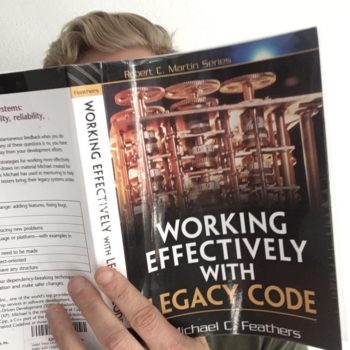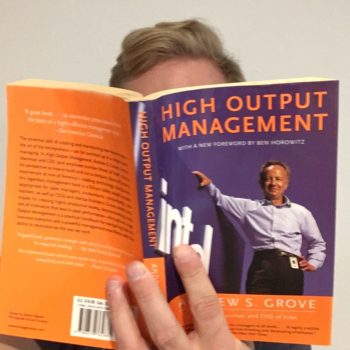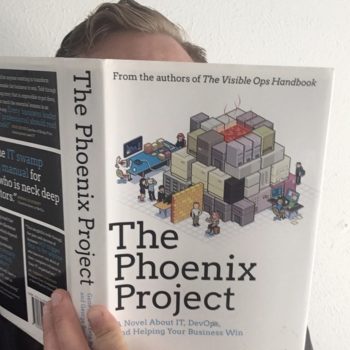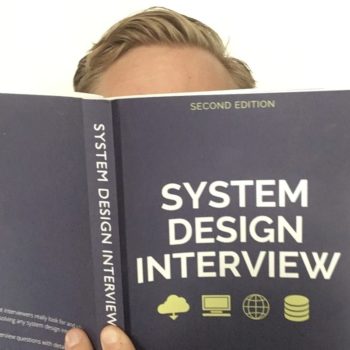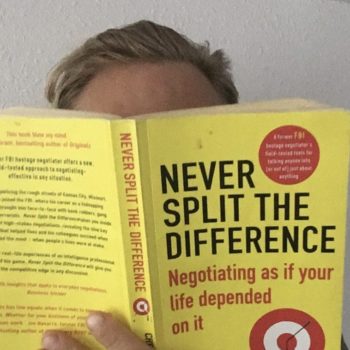
Never Split the Difference
Negotiating As If Your Life Depended On It
Categories:
Favorite,
CTO,
Engineering Manager,
Tech Lead,
Star Engineer,
Product Manager,
Tech Recruiter,
Startup Founder
How strongly do I recommend Never Split the Difference?
9 / 10
Review of Never Split the Difference
I picked up this book thinking it mostly applied to hostage situations. Wrong.
Never Split the Difference can help everyone in a software business, to name a few:
- Software engineers negotiating salaries
- Engineering Managers giving performance reviews or tough feedback
- Product Managers negotiating delivery dates
- Founders negotiating partnerships
- Sales people crafting proposals
Big thumbs up for this book. I read it quickly and periodically review my highlights to stay fresh.
Top Ideas in This Book
- You don’t need to like negotiation, you just need to understand how it works
- Master the mirror - repeat the last three critical words your counterpart said
- Label their feelings, without saying “I” as in “what I’m hearing is…”
- Give your counterpart the right to veto, which makes them feel in control
- Tell your counterpart your deadline to get a better deal
- Real negotiation leverage requires demonstrating concrete loss if the deal fails
- Threats are like nuclear bombs, use them sparingly or never
- Stop trying to force your opponent to admit you are right
You don’t need to like negotiation, you just need to understand how it works
Most people hate negotiations, whether negotiating over salary, car price, or who does the dishes tonight. This book is about understanding the emotions and process behind negotiations, so you feel more comfortable when those moments arise.
Master the mirror - repeat the last three critical words your counterpart said
Never Split the Difference is full of pragmatic advice.
With mirroring, you repeat the last important thing your counterpart said. This will get them to elaborate or rephrase their point. In doing so, you’ll learn more about their position and motivators.
Label their feelings, without saying “I” as in “what I’m hearing is…”
To demonstrate empathy and likeness, you want to show that you’re listening to the other person. Do this with phrases like:
- It sounds like….
- It seems like….
- It feels like…
Avoid phrases with the word “I” that present your side. No more “what I’m hearing is…”
Give your counterpart the right to veto, which makes them feel in control
Early on, explicitly grant your counterpart the right to say no and to veto the process. The right to say no will make them feel safe and in control.
No is temporary; a mechanism to maintain the status quo.
No usually has another meaning like “I want something else” or “I’m not ready.” When you hear no, that’s an opportunity for you to follow-up and dig deeper.
Tell your counterpart your deadline to get a better deal
Presenting your deadline encourages everyone to cut to the chase. Most deadlines are flexible and your counterpart will likely realize that about yours, but having one encourages them to make concessions quickly, or they won’t and you can both move on with your lives.
Real negotiation leverage requires demonstrating concrete loss if the deal fails
Promise to deliver is insufficient. You need to demonstrate that the other side has something to lose.
Threats are like nuclear bombs, use them sparingly or never
When making a threat, you need to think about the toxic waste cleanup that will follow. Recovery will be slow and painful, if even possible.
Stop trying to force your opponent to admit you are right
In a disagreement, nobody wants to admit the other side is right. Even when it’s obvious.
People would die before giving up their autonomy like that. So stop trying to force your opponent into submission.
Focus instead on understanding your opponent.

